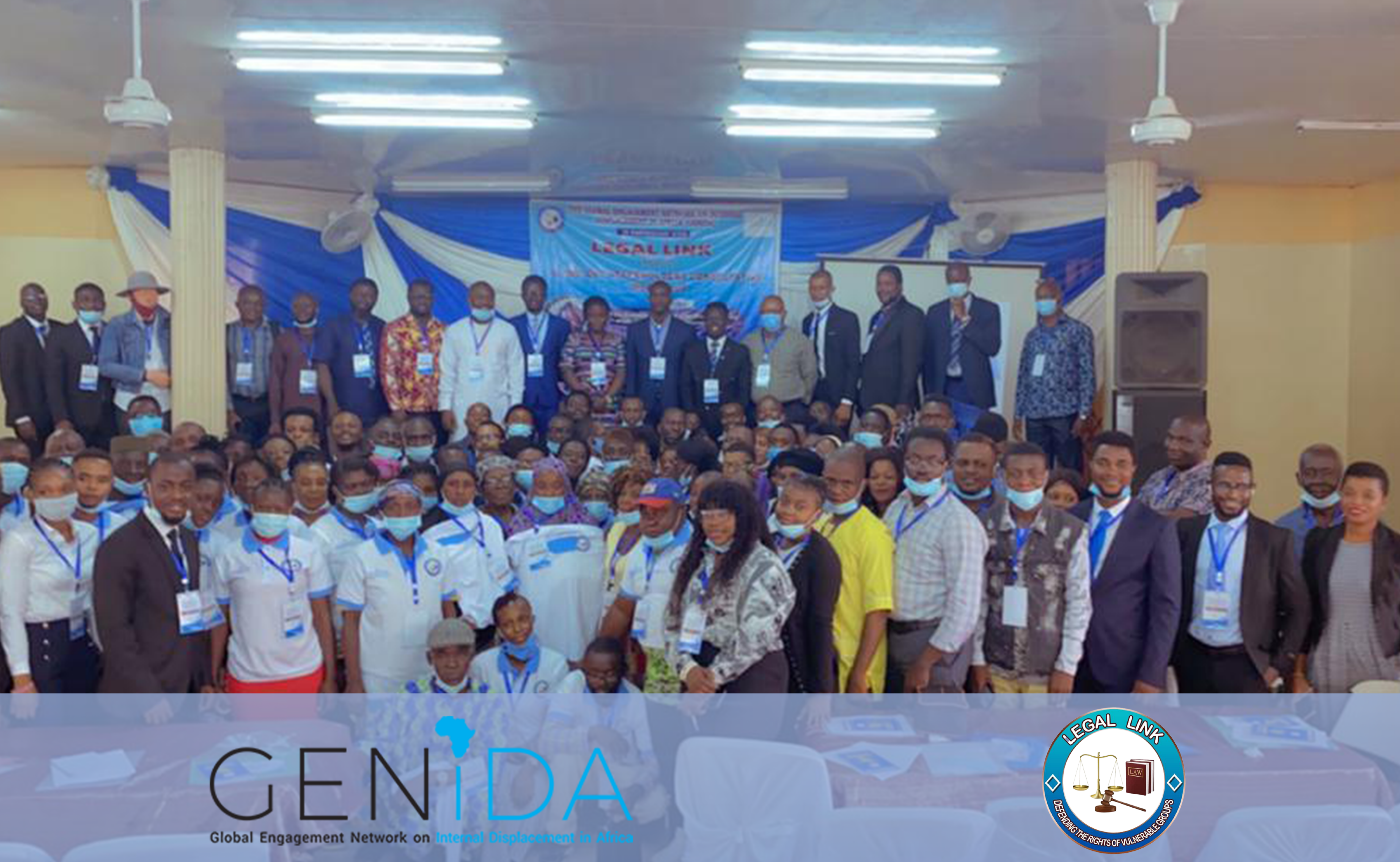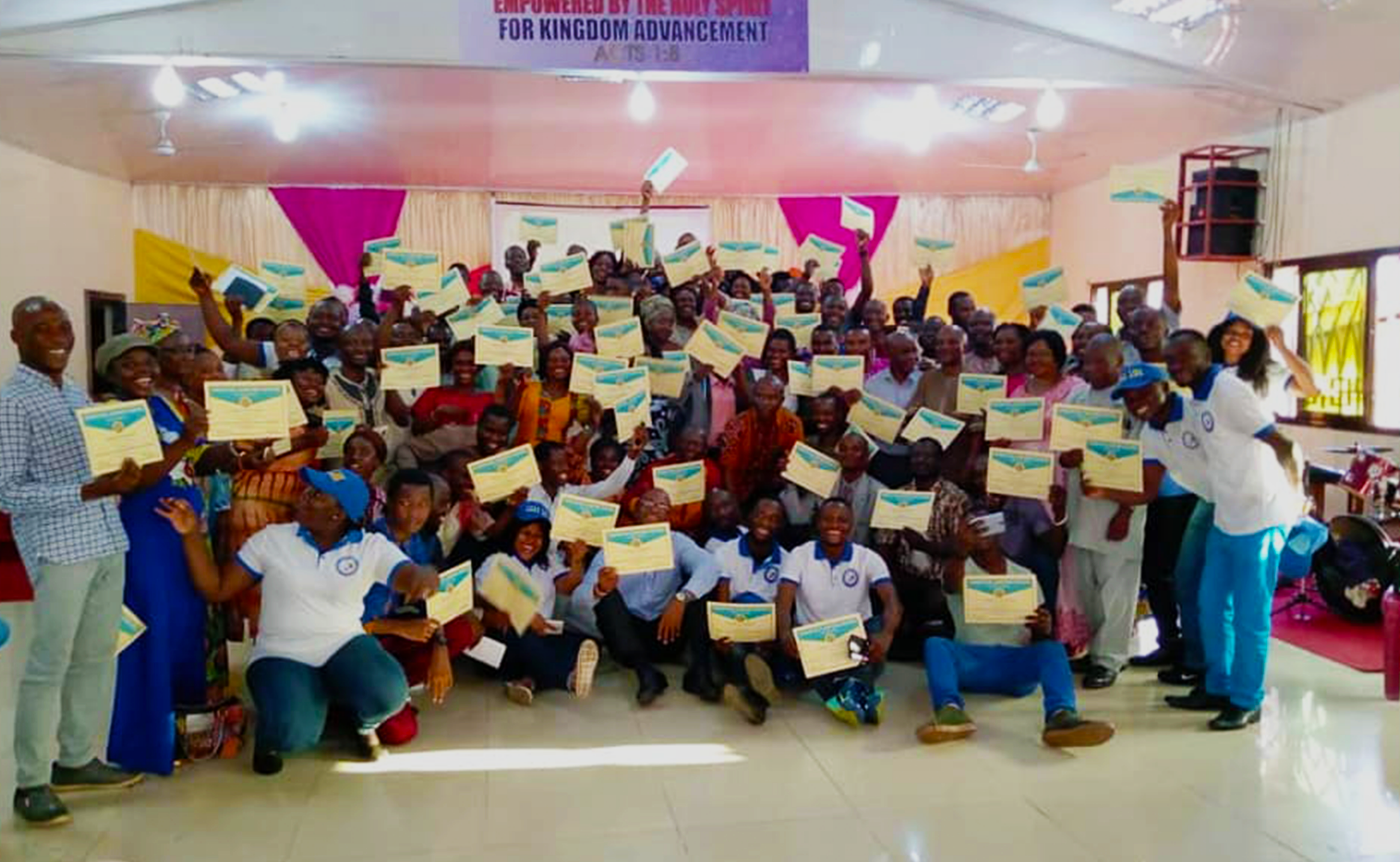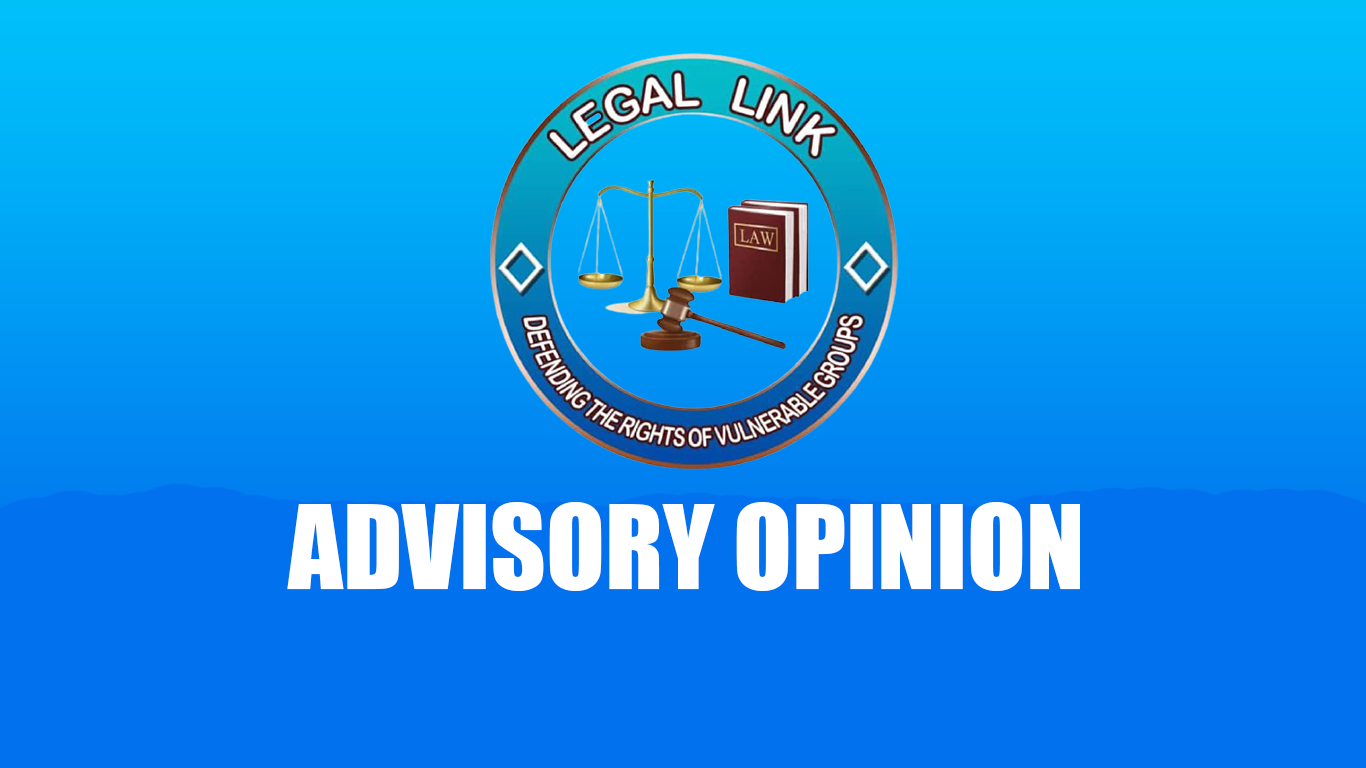
THE HIGHS AND LOWS OF JUSTICE ADRIAN FISHER'S JUDGMENT IN THE CASE OF ALFRED PETER CONTEH Vs APC AND OTHERS
Introduction
It could be recalled that on Thursday 28th April 2022, Justice Adrian Fisher delivered the final Judgment in the landmark case between Alfred Peter Conteh ( Plaintiff) and former president Dr. Ernest Bai Koroma, the All People’s Congress (APC) party, the Secretary General, Osman Foday Yansaneh and the PPRC ( Defendants). Amongst other things, the learned Judge dissolved the current APC National Executive, ordered for an Interim Transitional Governing Committee to be set up and imposed a perpetual injunction against the current National Executive, barring them from holding themselves out as Executive members of the APC party forthwith.
The All People’s Congress National Secretary General, Ambassador Osman Foday Yansaneh was also ordered to vacate office within 14 Days and to further provide handover notes to the Chairman of the Interim Transitional Governing Committee (ITGC) that would be set up. Without any doubt, this judgment of Justice Fisher has sparked hues and cries as well as hot debates in many parts of the country and also on many social media platforms with some agreeing to the judgment while others questioning the ratio decidendi ( reason for deciding) in the entire case. As one of the leading civil society organizations that advocates for constitutionality, the rule of law, democratic good governance, justice and fairness in Sierra Leone, the legal interns of LEGAL LINK have taken time out to do a thorough analysis of the judgment delivered by Justice Adrian Fisher in this case bringing out the "highs" and "lows" in a bid to not only applaud best practices but also hold the judiciary to account where applicable.
But before delving into the crux of our analysis, it is vital to emphasize that this academic exercise and critique is being done in good faith without any ill-will, malice or unrelated considerations of any kind. As a matter of fact, there are a plethora of judgments that LEGAL LINK has similarly critiqued in time past namely; the Dual Citizenship case brought by Yumkellah at the Supreme Court, the case of Augustine Sorie Sengbeh Marrah Vs the Inspector General of Police recently decided by the Supreme Court and the High Court Judgments against 10 APC parliamentarians amongst others. The Alfred Peter Conteh vs APC case is therefore no exception and must be treated as such. Also, it is worthy to mention that this piece does not set out to inquire as to whether Justice Adrian Fisher was qualified, fit and proper to have presided over this case as a Judge. Rather, this piece limits itself to analyzing the highs and lows of the judgement of Justice Adrian Fisher and his handling of the entire case till its logical conclusion.
THE HIGHS AND POSITIVES OF JUSTICE FISHER'S JUDGMENT AND HANDLING OF THE APC CASE
Firstly, it must be applauded that the Judge's mentioning and interpretation of the preamble of APC's 1995 constitution in arriving at his decision was apt and revolutionary. No doubt, the preamble of any constitution establishes the history, objective, purpose and spirit of the constitution. It is important therefore for such preamble to always be referenced when determining the true object, purpose and spirit of a constitution. A cursory look at the preamble as stated under the APC 1995 Constitution, reveals that the 1995 constitution envisaged a democratic APC party and one that would always uphold the tenets of democracy, rule of law, respect for human rights and constitutionality as the modus operandi. The Judge was therefore apt and correct to have called out on the preamble and philosophy of the APC Party as a basis for his decision. According to him, Article 3 of the 1995 APC constitution sets out the aim, objectives and philosophy of the Party. And one of such key objectives of the 1995 defunct constitution is *"to attain and sustain political power through democratic and constitutional means inorder to build a free, democratic society with equal rights and opportunities and justice for all".
Secondly, the Judge's move to dissolve the Executive of the APC party on the grounds that they were not democratically elected and hence illegal in office was also plausible. This is the case because, save for ony two officers of the party, all other executive members aught to have been elected into office as dictated by the 1995 APC constitution and not nominated or selected. Further more, declaring that the National Advisory Committee (NAC) of the APC party was not properly constituted since bulk of its members were never elected but selected was also a revolutionary way of thinking by the Judge. Certainly, if bulk of the executive members that constituted NAC were never elected into office, then they certainly would have been illegal and unfit to be a part of NAC in the first place since it is only the Chairman and Deputy Chairman of NAC that are allowed to be selected as provided for by the 1995 APC constitution. And because the two of them cannot form NAC, hence according to the Judge, NAC was not properly constituted and as such never existed in the first place. Such an argument is quite plausible indeed and must be applauded.
More significant still, the Judge's nullification of NAC's decision/ bye law introducing the "selection clause" for the determination of executive members / officers/National Delegates was also commendable as such decision/ bye law was inconsistent with the 1995 APC constitution and the 1991 constitution of Sierra Leone. According to Justice Fisher, Article 14.1.1 of the 1995 APC constitution provides as follows: "The National Advisory Committee may for ratification by the National Delegates Conference, make rules and enforce any bye law(s) not inconsistent with the provisions of this constitution and the national constitution of Sierra Leone". According to Justice Fisher, "The NAC of the All People’s Congress party doesn’t have the POWER to override the party’s Constitution..." adding that the bye law gazetted which introduced the selection clause was illegal and outrightly inconsistent with the spirit, object and purport of the 1995 APC constitution and the National constitution of Sierra Leone. Hence, it's nullification. Such a reasoning is quite commendable.
Importantly also, was the forming of an Interim Transition Governing Committee( ITGC) by the learned Judge to take charge of the APC party in the interim period and conduct its affairs till the national delegates conventions were held. This directive by the Judge for the formation of such a structure is quite superb as it will help ensure that no vacuum exists in relation to leadership within the APC party after his judgment. Additionally, the endorsement and retention of the new APC constitution was also a correct decision by the Judge notwithstanding the fact that the executive body that oversaw its making were illegal in office. Any order from the Judge to the contrary would have increased frustrations within the party and perhaps led to outright unrest in the nation considering the amount of time, resources and energy that have been put by the members off the APC into the making of their new constitution. Retaining therefore the new APC constitution was certainly a step in the right direction. Also worthy of mentioning is the strength, vitality and resilience displayed by Justice Adrian Fisher in the face of outright molestation, humiliation and threats both from within and outside of Sierra Leone as he presides over this matter.This is quite commendable to say the least.
A Judge, in our opinion, must always muster courage to pursue the ends of justice irrespective of agitations, condemnations and threats that may be levied on him both within and without in the execution of such mandate. Let Justice prevail even if the heavens were to fall! Perhaps the most plausible and outstanding legacy of this judgement is that it brings back democracy in the APC party and gives ultimate power to the masses of the party especially in determining the choice of leaders (executive officers, wards, districts, constituency and regional representatives, delegates, flag bearer of the party) that could represent their interests going forward . This democratic power of choice by the people/ masses of the party had longed being eroded away from them by virtue of the selection clause that was being introduced by NAC. But with the Justice Fisher judgement, power has again been restored into the hands of the masses of the party as against the few. This is quite laudable indeed!
Lastly, the fact that the Judge was also able to deliver this all important judgment within the three months period as provided for under the 1991 constitution is also something that is praise worthy of. According to section 120 (16) of the 1991 Constitution of Sierra Leone, “Every court established under this constitution shall deliver its decision in writing not later than three months after the conclusion of the evidence and final addresses or arguments of appeal, and furnish all parties to the cause or matter determined with duly authenticated copies of a decision on the date of the delivery thereof.” From the above provision, it is clear that Justice Adrian Fisher had three months after the close of the final application/ address to deliver the Judgment in this cas. Truth be told, the proceedings actually ended on the 28th day of March 2022 when the defendants finally filed their Affidavit of Compliance to the court. So, counting from that date, it is clear as crystal that the Judge actually took about one month to deliver this all important judgement.
LEGAL LINK therefore salutes this deep sense of cosmic responsibility displayed by the Judge particularly with respect to speed and further urges other Judges in the judiciary of Sierra Leone to emulate such an example particularly in the area of speedy delivery of judgements.
THE LOWS AND NEGATIVES OF JUSTICE FISHER'S JUDGMENT AND HANDLING OF THE APC CASE
Notwithstanding the above great accolades evident in this judgement, there were however a few downsides picked up by LEGAL LINK in the judgment of Justice Adrian Fisher as well as the handling of the entire trial by him which is also worth mentioning to all and sundry. First and most regrettably, it is our candid submission that the learned Judge missed out on a golden opportunity to inject a democratic culture within the Interim Transitional Governing Committee ( ITGC) when he directed that the Chairman of the ITGC be nominated instead of being elected.
The fact that Justice Adrian Fisher ruled that Alfred Peter Conteh is to Nominate 9 representatives including the Chairman of the ITGC makes the judgement of his a dramatic irony indeed. Let's remember that the whole object and purport of this judgement by Justice Fisher was to see an APC Party that embraces the tenets of democracy (elections, human rights, rule of law) on all fronts including its leadership stratas. It was therefore inconceivable, preposterous and disappointing to say the least for the Judge to revert to the "old order" which was the very reason why he dissolved the entire executive of the APC including NAC in the first place.
The defence that such a directive was ok since the ITGC was only an interim, transitional arrangement in our opinion, does not still exculpate the Judge from blame since such a chairmanship position in the ITGC is of immense importance for the actualization of a democratic culture within the APC party from the onset. Its formation therefore aught to have depicted the highest of democratic standards, providing the chairman with the requisite legal standing and moral high ground to enforce democratic culture and ideals within the party during his limited tenure. We assert that the Chairman cannot instill a democratic culture within the party if he did not come to office by such means. "He who comes to equity must come with clean hands".
It could certainly had made a huge difference if the Judge had ordered that the 21 man committee shall elect amongst themselves a chairman who will now preside over the affairs of the ITGC. The role of a chairman in any organization or arrangement is very key and for people to accept his leadership as legitimate, they must be given an opportunity to make a decision into his coming into office in the first place. Such is however lacking in the judgment of Justice Adrian Fisher and unfortunately so. Secondly, the fact that the Judge at some stage of the trial allowed the APC executive and NAC to do an emergency delegates conference for the adoption of a new constitution but later declared this very executive as illegal in office is also quite conflicting and confusing to say the least.
Why did the learned Judge then allow an illegal executive undertake such a democratic exercise in the first place? Could this have been an oversight on the part of the Judge? or was he under the reasonable belief at the time that the APC executive and NAC were duly elected and as such legitimately in office? At what stage did this thinking of the Judge change? Is the work done by this illegal executive not also illegal? Certainly, there are more questions than answers to this conflicting conclusion of the Judge in the Alfred Peter Conteh Vs APC case that may perhaps open room for further appeals if so desired by the aggrieved parties.
Furthermore, the Judgment was also lacking in case law citations, international and regional law references and judicial precedents. Aside the mentioning of one or two cases in the judgment, a lot of the reasoning in the judgment were solely influenced by the Judge's thinking and opinion. This is certainly not a plausible way of writing judgments that meet international standards and best practice. A Judge must always endeavor to cite out the governing laws both at the international, regional and domestic levels supported by case law authorities and judicial precedents as he makes a determination of a case before it. His personal opinions and conclusions should have been largely influenced by judicial precedents, case laws and legal frameworks he had discovered and researched about and not necessarily the other way round. In the S v Makwanyane case that abolishes the death penalty in South Africa, the Judges took pains in laying out the international, regional and domestic frameworks as well as case laws and judicial precedents to make a strong and convincing argument as to why South Africa must abolish the death penalty. And because of their reference to vast body of literatures, case laws as well as international, regional and domestic frameworks, there was a quick buying - in by state actors as well as the general public for the death penalty to be abolished in the country. Such a style of writing judgments is highly recommended by LEGAL LINK to all judges in our jurisdiction.
A judgment that meets international standards must have less of a Judge's opinion and more of case law citations, international, regional and domestic law references for its conclusion to be logical and reasonable. After all, this is exactly what the doctrine of judicial precedent asserts. Another all low in this trial could be seen in the unprecedented move of the Judge to play in open court one of Adebayor's audios reigning curses and making threats against his life and family as he presides over the case. Without being insensitive to the vile languages and threats used in the audio, such a move by the Judge gives Adebayor an undeserved platform and further widens his popularity beyond the normal confines it may have gotten had such audio been ignored by the Judge in the first place. Furthermore, this move by Justice Fisher also shows that he might be a regular listener of the audios of Adebayor and that such audios are having negative effects on him as he presides over the trial.
It is therefore our candid submission that a Judge must never show timidity in the pursuit of the ends of justice no matter the threats and insults being reigned on him. That's part of the demands of the job of being a judge; and a Judge must always display strength and resilience in the face of adversities and unwarranted condemnations both from within and outside the confines of the judiciary at all times. The playing of such an audio in open court by the Judge in our opinion was overtly unnecessary and uncalled for. That was a mere appeal to pity. Doing the right thing should always be the focus of a judge and not necessarily what people might be saying or not. More negative still, it could perhaps have made a huge difference if the members that constituted the ITGC had come into such office via democratic means since democracy was the ratio-decidendi ( reason for deciding) in the Alfred Peter Conteh Vs APC case. Certainly, there are a lot of bodies and organs provided for under the new APC constitution which the Judge could have directed to send in representatives to the ITGC through democratic means including members of Parliament.
But sacrificing the formation of the ITGC on the altar of consultations and nominations certainly defeated the object, spirit and purport of the entire judgment and further makes a stark ridicule of Justice Fisher's reasoning to have dissolved the APC executive and NAC in the first place.This was certainly an own goal scored by the learned Judge against himself. LEGAL LINK therefore asserts that the learned Judge in his quest to inject a democratic culture within the APC party threw away both the baby and the birth water when he ended up his judgment with nominations and consultations instead of elections. What a dramatic irony indeed!
Conclusion Certainly, the Judgment of Justice Adrian Fisher, notwithstanding its downsides, will go a long way to instilling democracy, rule of law, constitutionality and respect for human rights within the APC party and its legal frameworks if followed through. But whether the Aggrieved parties within the APC ( disbanded executive members and NAC) may chose to smartly overlook these downsides in the Fisher judgment in the interest of peace, unity, the 2023 elections, democracy and rule of law within the party, is anyone's guess to make. What is however certain is that the APC party is at a crossroads...And how would this case eventually pan out for them and the 2023 elections can only be told correctly by history.
#End# Faithfully Submitted: Rashid Dumbuya Esq Executive Director of LEGAL LINK and former Commissioner for Human Rights in Sierra Leone. On behalf of the Interns, Researchers and Legal Team of LEGAL LINK
ALL RIGHTS RESERVED* Christian Lawyers Centre (a.k.a LEGAL LINK) is registered with the Corporate Affairs Commission of Sierra Leone as a non-profit legal advocacy group comprising of lawyers, law students and human right activists that seeks to provide legal assistance to religious communities as well as vulnerable groups in Sierra Leone through legal advocacy, public interest litigations, state and private sector accountability, enforcement of the rule of law and ensuring respect for domestic and international laws that guarantee fundamental human rights and freedoms.
For more information, contact us at: No. 89 Fort Street, Off Circular Road, Freetown, Sierra Leone, West Africa Email: rashiddum@yahoo.co.uk Tel: +23279167457 / +23288646294 Website: www.legallinksierraleone.org
LEGAL LINK MEDIA
End
Category
Recent Posts
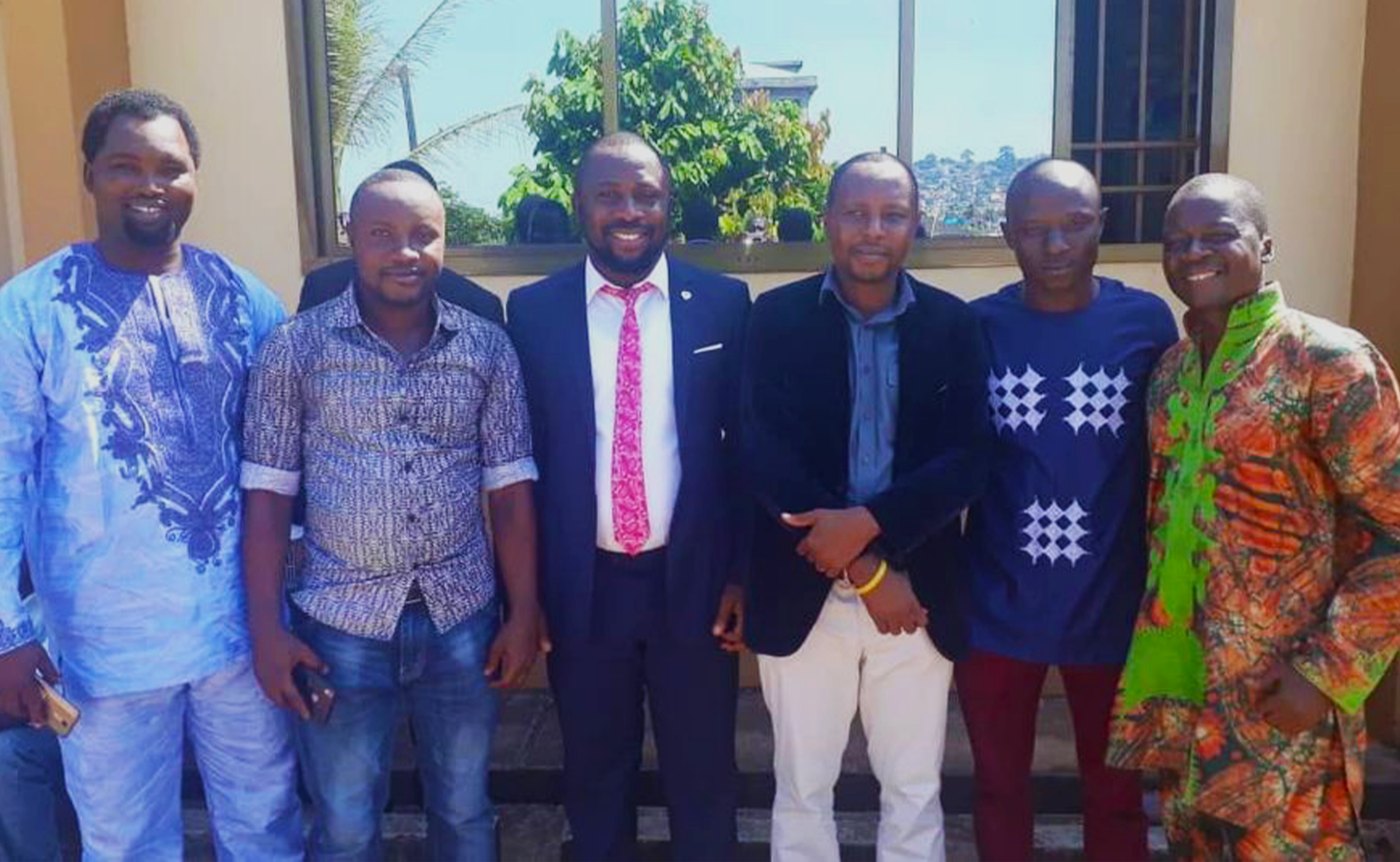
Tags
Similar Posts
 Media Update
Media Update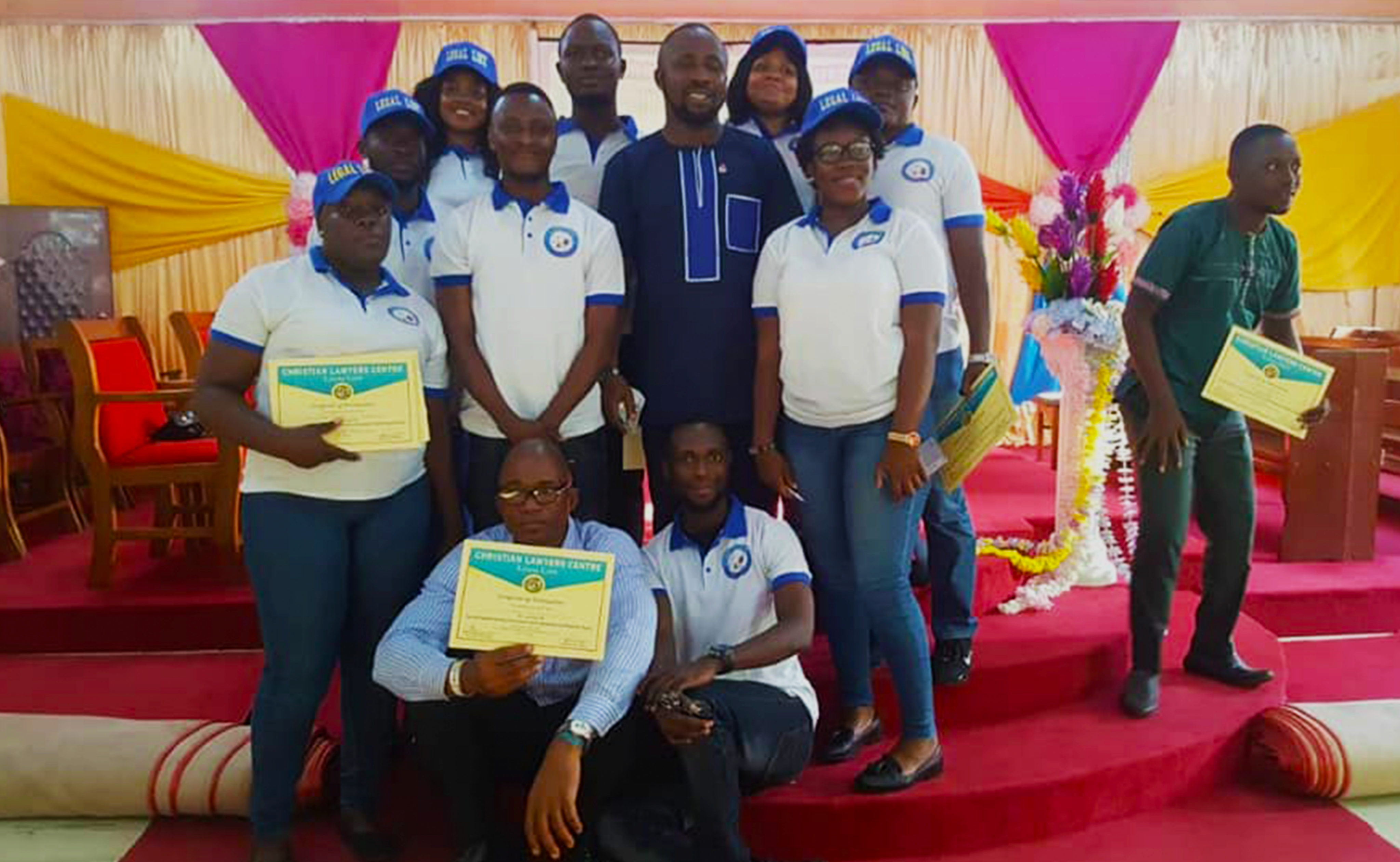 Media Update
Media Update

